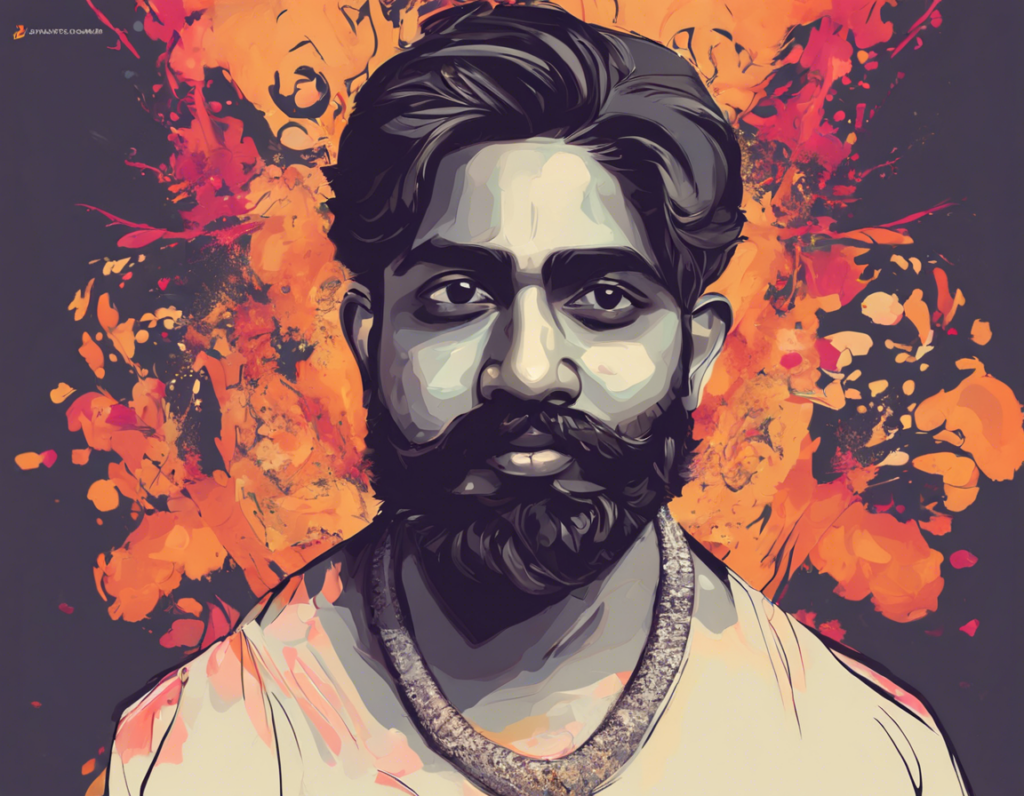Emerging as a popular figure in the political sphere, Prajwal Revanna recently found himself at the center of a viral video controversy that captivated social media users and sparked heated debates across the nation. As the grandson of former Prime Minister H.D. Deve Gowda, Prajwal Revanna’s actions and words hold significant weight in Karnataka’s political landscape.
The Incident
The controversy unfolded when a video clip surfaced online, showing Prajwal Revanna purportedly making derogatory remarks about a rival political party. The video quickly gained traction, leading to widespread condemnations and calls for accountability. As the public scrutinized every frame and word of the clip, the larger implications of his actions became a topic of intense discussion.
Understanding the Context
To comprehend the gravity of this incident, it is essential to delve deeper into the context surrounding Prajwal Revanna’s political career and the dynamics of Karnataka’s political ecosystem.
Rise to Prominence
Hailing from a family with a rich political legacy, Prajwal Revanna embarked on his political journey with high expectations and close scrutiny from the public. His swift rise through the ranks of the party and increasing influence positioned him as a crucial player in Karnataka’s political landscape.
Political Tensions
Karnataka, known for its complex political dynamics and intense rivalries, often witnesses heightened tensions between opposing parties. In this charged environment, even a seemingly minor misstep can have far-reaching consequences, as seen in the aftermath of the viral video controversy.
The Fallout
The emergence of the video clip triggered a cascade of reactions, both from political circles and the general public. Key stakeholders weighed in on the controversy, with some demanding swift action against Prajwal Revanna and others seeking a more nuanced understanding of the situation. As the debate raged on, several crucial questions came to the forefront:
- Was the video clip edited or taken out of context?
- What repercussions could this controversy have on Prajwal Revanna’s political career?
- How will this incident impact the relations between different political factions in Karnataka?
Lessons Learned
In the aftermath of this controversy, several valuable lessons can be gleaned for both Prajwal Revanna and aspiring politicians navigating the complexities of the political arena:
- Exercise Caution: In the age of digital media, every word and action can be scrutinized and amplified within moments. Politicians must exercise caution and foresight in their public interactions.
- Transparency and Accountability: Embracing transparency and taking accountability for one’s actions, regardless of the circumstances, can go a long way in mitigating the fallout from controversies.
- Building Bridges: Instead of fostering animosity, politicians should focus on building bridges and fostering constructive dialogue with their counterparts, promoting a more collaborative political environment.
Frequently Asked Questions (FAQs)
1. What were the specific remarks made by Prajwal Revanna in the viral video?
The video depicted Prajwal Revanna making derogatory remarks about a rival political party, sparking outrage and heated debates across social media platforms.
2. Has Prajwal Revanna issued any statement regarding the controversy?
Following the uproar caused by the viral video, Prajwal Revanna released a statement clarifying his intentions and offering his apologies for any offense caused.
3. How have other political parties responded to this incident?
Various political parties and leaders have condemned the remarks attributed to Prajwal Revanna and called for a thorough investigation into the matter to uphold ethical standards in politics.
4. What steps can politicians take to avoid similar controversies in the future?
Politicians can proactively engage in training programs focused on media relations and communication ethics to navigate potentially contentious situations with professionalism and integrity.
5. What role do social media and digital platforms play in shaping public perceptions of political figures?
Social media and digital platforms serve as potent tools for disseminating information and shaping public opinions. Politicians must exercise prudence and strategic communication when engaging with these mediums to maintain a positive public image.
In conclusion, the Prajwal Revanna viral video controversy serves as a potent reminder of the challenges and responsibilities that come with political prominence. By reflecting on the key takeaways and lessons learned from this incident, both Prajwal Revanna and the broader political community can strive to foster a culture of integrity, accountability, and constructive dialogue in the pursuit of a more transparent and ethical political landscape.
